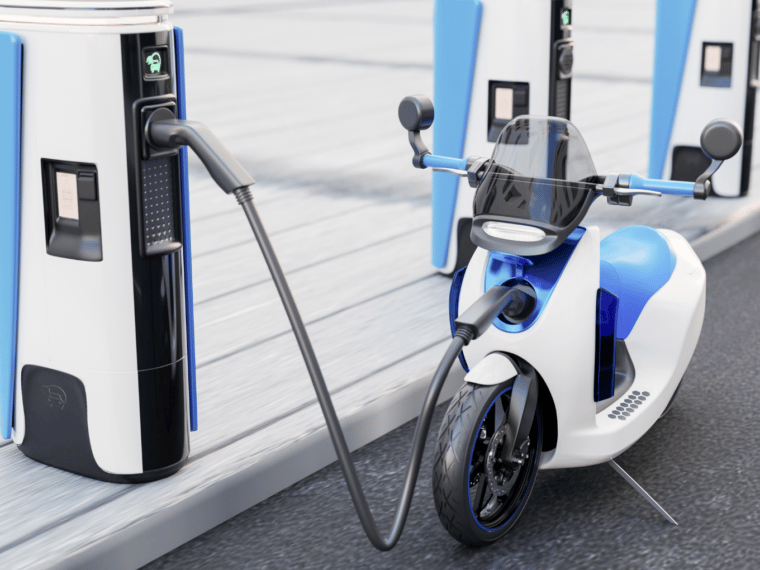
In a letter to Commerce Minister Piyush Goyal, the SMEV sought ‘contingency support’ for the EV industry, which, it said, has been hit hard by the issues with the FAME-II scheme
The SMEV said that unpaid FAME-II subsidy of over INR 1,200 Cr, along with other issues, have created a crisis for the industry and pushed it near the breaking point
While the SMEV has been claiming that the FAME-II issues have affected the EV sector, the government’s action came after it found many of the OEMs violating the norms of the scheme
Industry body Society of Manufacturers of Electric Vehicles (SMEV) on Monday (June 19) wrote to Minister of Commerce and Industry Piyush Goyal seeking ‘contingency support’ for the electric vehicle (EV) industry, which, it said, has been hit hard by the issues with the FAME-II scheme.
The SMEV, in its letter to Goyal, said that unpaid FAME-II subsidy dues of INR 1,200 Cr since the last fiscal, an embargo on original equipment manufacturers (OEMs) from listing their sales on the official National Automotive Board (NAB) portal, and notices to recover past paid subsidies have created a crisis for the industry. The situation is near ‘breaking point’, it added.
The development comes days after the SMEV wrote a similar letter to the government think tank NITI Aayog calling the past one year’s regulatory actions by the Ministry of Heavy Industries (MHI) on the electric two-wheeler players “detrimental”. The industry body also said that the ministry’s actions have “contaminated” the national emobility charter.
In its latest letter to Goyal, the SMEV said, “You will appreciate that this triple whammy is unprecedented in the annals of business in the country and that nowhere in the world do we see this kind of vindictive actions against the very companies that pioneered the EV revolution in the country – at a time when there was no government support to the sector at all.”
“The absolute unreasonable situation, coupled with a cavalier attitude towards the financial condition of these companies has required us to seek your support as the Hon’ble Minister of Commerce and Industry who might understand the business cycle, the production and process of industrial units, the financial cycle and what impact it has on business when the cycle stops,” it added.
Further, the SMEV also said that the regulatory uncertainties have impacted homegrown EV startups that were fuelled by the government’s zeal towards ‘Make in India’ and ‘Start-Up India’ initiatives.
It must be noted that while the SMEV has been claiming that the issues have affected the EV sector, the government’s action came after it found many of the OEMs violating FAME-II norms. Hero Electric, Okinawa Autotech, Revolt, Ampere, and several others were probed for allegedly flouting minimum localisation norms of the FAME-II scheme. Later, Ola Electric, Ather Energy, TVS Motor, and Hero MotoCorp were probed for mispricing the vehicles and later, they agreed to refund crores of rupees to their customers.
While the issues with the FAME-II scheme affected the sale of two-wheeler EV manufacturers over the last few months, the recent FAME-II subsidy cut by the government and the subsequent increase in vehicle prices by several manufacturers is expected to further dent their vehicle registrations.
The electric two-wheeler registrations in India crossed the 1 Lakh mark for the first time in May. The number stands at 19,645 units till June 19, as per Vahan data, which is not even 20% of last month’s sales.
Vehicle registrations for Ola Electric, which stood at 28,500 units last month, stand at 8,059 units so far in June. On the other hand, TVS Motor’s vehicle registrations stand at 1,809 units so far this month as against 20,379 units in May.
Commenting on the decline in registrations, Sohinder Gill, director general of SMEV, said, “It will be to nobody’s credit if these EV companies fail or are sold for a song to the highest bidder. It will be a black mark against Indian enterprise and the burgeoning emobility plans of the government. It is important to note that investors across the world are watching this space closely, and banks and financiers are refusing to extend credit.”































 Ad-lite browsing experience
Ad-lite browsing experience